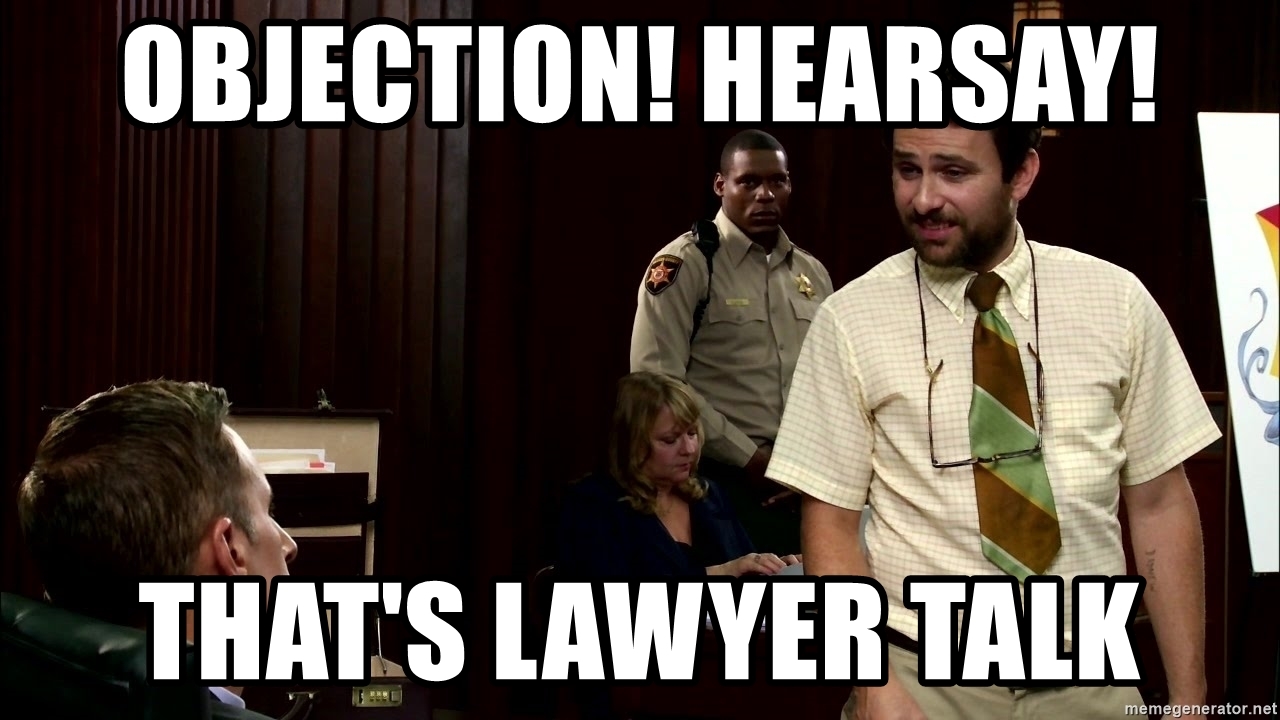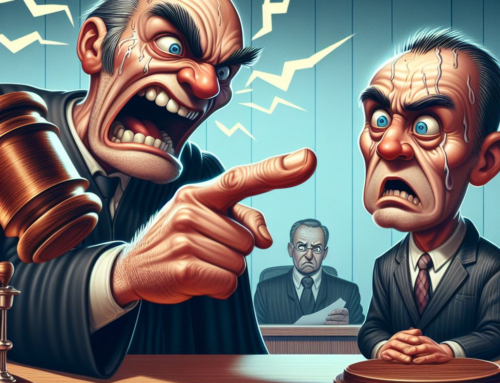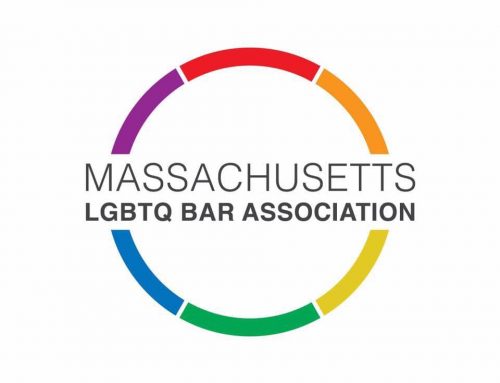Can a 911 call be entered in evidence at trial? This is a question that I get often from clients, and the answer is “it depends.” At trial, the most powerful testimony is that of someone on the stand, speaking to the jury. Witnesses, oftentimes alleged victims of crimes, are afforded the opportunity to be heard. But sometimes witnesses are unavailable or unwilling to testify. What then?
The Supreme Court and the Massachusetts SJC have all weighed in on whether 911 calls can be admitted absent the caller’s live testimony. The key question in such an analysis is whether the caller was reporting an “ongoing emergency,” or whether the caller was reporting something that had happened earlier.
In the former case, statements made to the 911 dispatcher are considered non-testimonial, that is, they were made pursuant to an ongoing emergency. In the later case, the statements are considered testimonial, and as such, the defendant has the Constitutional right to cross examine the person who made the statements.
For example, let’s say someone called 911 reporting that they were being assaulted; since the alleged crime was ongoing, the recording would likely be admissible even if the victim did not testify at trial. On the other hand, if a 911 caller reports something that has already happened, and he/she is not in immediate peril, the statement would be considered testimonial and inadmissible absent an opportunity to cross-examine.
Massachusetts courts have generally held that an ongoing emergency exists unless the police have arrived, or the alleged assailant has left the scene.
Given this framework, an attorney’s job is to conduct a detailed review of the 911 recording and apply factors established by the courts to determine whether the recording may be admissible. This is a fact-specific, case-by-case, inquiry.
If you enjoy these legal summaries, please like and follow my Facebook page and feel free to contact me.



